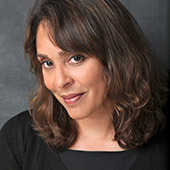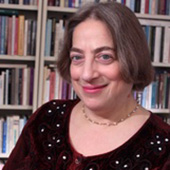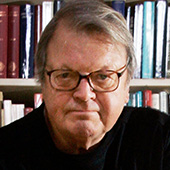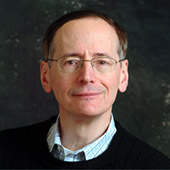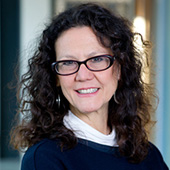American Philosophical Society
The American Philosophical Society, the oldest learned society in the United States, was founded in 1743 by Benjamin Franklin for the purpose of “promoting useful knowledge.” In the 21st century it sustains this mission in three principal ways. It honors and engages leading scholars, scientists, and professionals through elected membership and opportunities for interdisciplinary, intellectual fellowship, particularly in our semi-annual Meetings. It supports research and discovery through grants and fellowships, lectures, publications, prizes, exhibitions, and public education. It serves scholars through a research library of manuscripts and other collections internationally recognized for their enduring historic value. The American Philosophical Society’s current activities reflect the founder’s spirit of inquiry, provide a forum for the free exchange of ideas, and convey our conviction that intellectual inquiry and critical thought are inherently in the best interest of the public.
Humanities
Natasha Trethewey (2022)
Weinberg College of Arts and Sciences
A native of Mississippi, Trethewey was awarded the Pulitzer Prize for Poetry in 2007 for “Native Guard: Poems” and served two terms as U.S. Poet Laureate. She joined Northwestern in 2017 as a Board of Trustees Professor of English and previously served two terms as U.S. Poet Laureate. Trethewey’s poetry draws on extensive research and on memories of her own experience as the daughter of an African-American mother and white father whose marriage union was illegal in Mississippi at that time.
Barbara Newman (2017)
Weinberg College of Arts and Sciences
Barbara Newman, the John Evans Professor of Latin and professor of English, religious studies, and classics, is known for her work on medieval religious culture, comparative literature, and women's spirituality. Her most recent books are a translation of Mechthild of Hackeborn's The Book of Special Grace and Making Love in the Twelfth Century.
Garry Wills (2003)
Weinberg College of Arts and Sciences
Garry Wills is a prolific author, journalist and historian specializing in American history, politics and religion, especially the history of the Roman Catholic Church. After earning a B.A. in philosophy at Saint Louis University, an M.A. at Xavier University and a Ph.D. in classics at Yale University, he taught history from 1962 to 1980 at Johns Hopkins University and from 1980 to 2005 at Northwestern University, where he is now professor emeritus. His nearly 40 books include “Why I Am a Catholic,” “Papal Sin,” “Reagan’s America” and two National Book Critics Circle Award winners: “Inventing America: Jefferson’s Declaration of Independence” and the 1993 Pulitzer Prize-winning “Lincoln at Gettysburg: The Words That Remade America.” His numerous other honors include the National Medal for the Humanities, the Order of Lincoln and the 2014 “Festschrift Nation and World, Church and God: The Legacy of Garry Wills.”
Mathematical and Physical Sciences
Tobin Marks (2022)
Weinberg College of Arts and Sciences
Over the course of his 45-year academic career, Tobin Marks has created new plastics, catalysts for environmentally benign chemical transformations and efficient plastic solar cells. He has also created printable transistors and organic light-emitting diodes that are faster, more energy efficient and more versatile. He is the Vladimir N. Ipatieff Professor of Catalytic Chemistry and professor of material science and engineering.
Monica Olvera de la Cruz (2020)
McCormick School of Engineering and Applied Science
Monica Olvera de la Cruz is a soft-matter theorist, the Lawyer Taylor Professor of Materials Science and Engineering and Professor of Chemistry, and by courtesy Professor of Physics and Astronomy and of Chemical and Biological Engineering.
